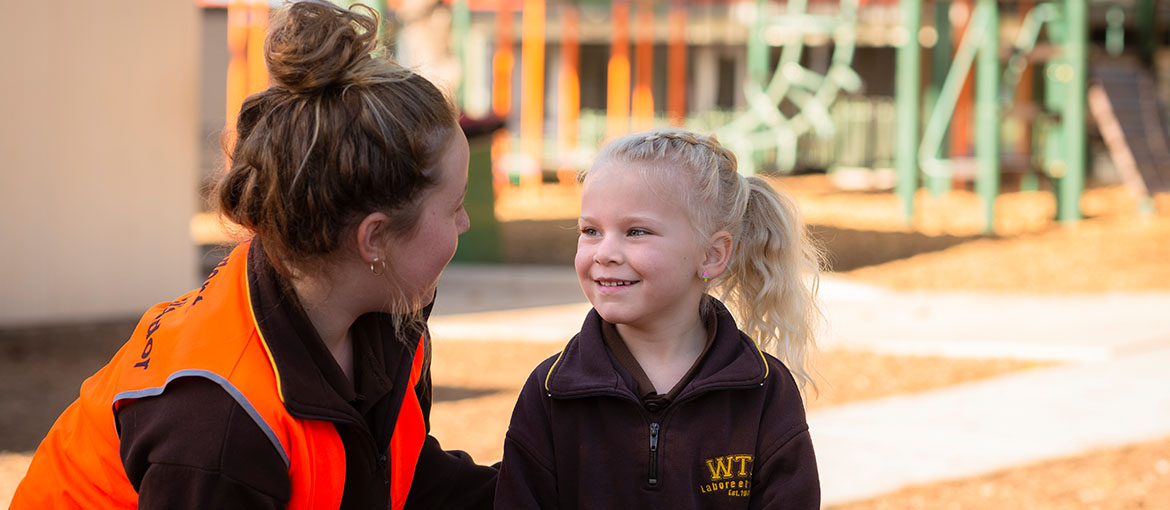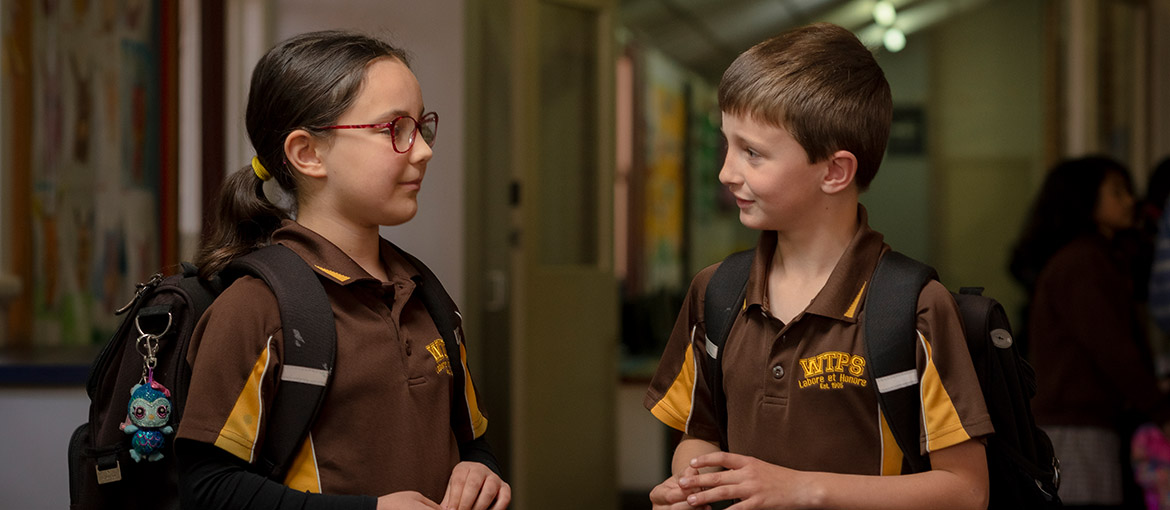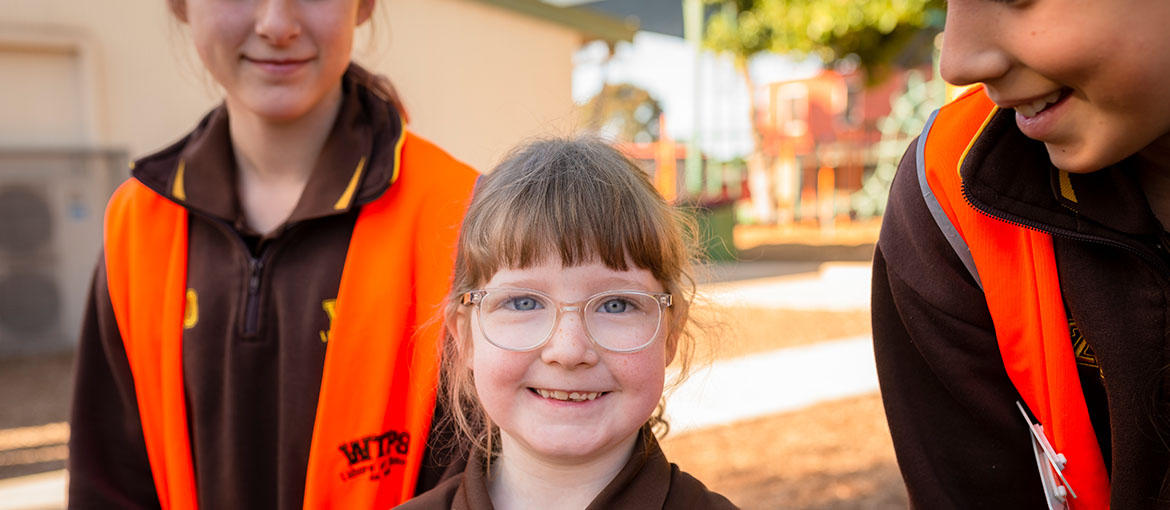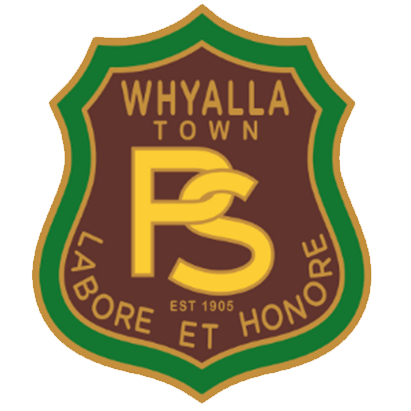At Whyalla Town Primary School developing children’s character is as important as fostering their intellect. Wellbeing is central to all that we do. We understand children and the specific learning and emotional needs that they have.
Our teachers are committed to providing the best care for each and every child; care that focuses on developing their inherent strengths and talents, and providing an environment where they feel confident to be themselves.



Rights:
Every student has the right to:
- Be treated with dignity and respect as an individual.
- Live, learn, work and play in a positive and safe environment.
- Have personal property treated with respect.
- Be proud of their uniform and the traditions of Whyalla Town Primary School.
- To raise issues and concerns in the confidence that a resolution will be met utilising school wide processes.
Responsibilities:
Every student has the responsibility to:
- Be respectful and considerate of all individual differences.
- Listen to and communicate appropriately with all members of the school community.
- Care for school and personal property with respect.
- Follow school expectations with regard to values and uniform.
Our Approach to Wellbeing
Our wellbeing framework operates within the context of the DfE Learner Wellbeing Framework and adheres to our school values: Respect, Integrity, Excellence and Accountability.
Whyalla Town Primary provides a safe, inclusive and engaging learning environment where every child can achieve to the best of their ability.
Some of the programs implemented in the school include:
Student Ambassadors
Student ambassadors volunteer their time during a 10-week period to create inclusive, safe and fun lunch time activities for all year levels. Our ambassadors display a warm, approachable personality toward all students and offer additional support in the yard with friendships. Acting as a student ambassador offers our students a chance to grow their leadership and communication skills, and inspire other students to take a more active role in representing the school.
Setting our Classrooms up for success
We believe in creating calm classrooms where our students feel protected and safe. At the beginning of each school year we take every opportunity to get to know our students and understand their strengths, likes and dislikes. Our aim is to create consistent predictable routines for our students and provide protective factors in all classrooms.
Buddy Class
Buddy classes meet every fortnight for approximately 30 minutes and engage in a range of activities such as reading, technology or simply spending time together. This is an opportunity for the older classes to help our younger students and to create a school environment where we all learn together. The buddy program helps build caring cross-age relationships and reduces conflict within the school.
Intervention Programs
At Whyalla Town Primary School we offer a range of intervention programs to support students in a variety of social or emotional learning situations.
These programs include: What’s the Buzz, Brave Program, small group and 1:1 support with our Wellbeing Leader.
Growth Mindset Awareness
We believe in creating a whole-school shared understanding of growth mindsets with all our students. Staff at Whyalla Town Primary School help develop a growth mindset in all students by teaching them about the amazing properties of the brain. Our goal is for all students to develop a growth mindset, understanding that trying harder and trying new strategies not only helps them succeed at the current task but also helps them succeed in the future by strengthening their brain. Students who embrace growth mindsets – the belief that they can learn more or become smarter if they work hard and persevere – may learn more, learn it more quickly, and view challenges and failures as opportunities to improve their learning and skills.
We see wellbeing as an integral part of our students learning experience and aim to foster and develop the skills to learn, grow, create healthy, respectful friendships and succeed in the 21st Century.
Click the below link to access the DfE Wellbeing for Learning Framework

